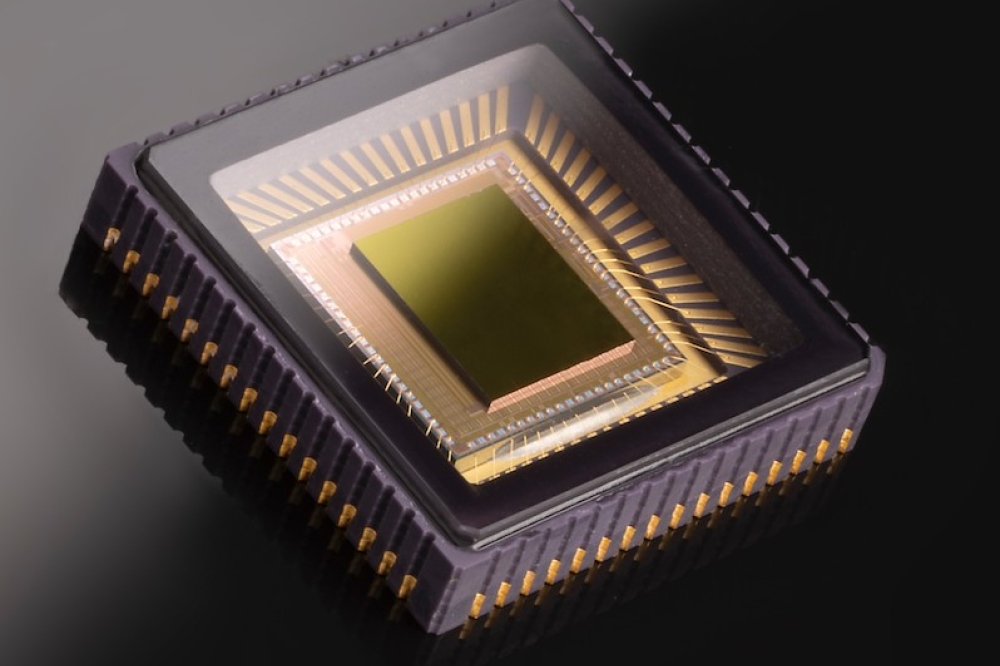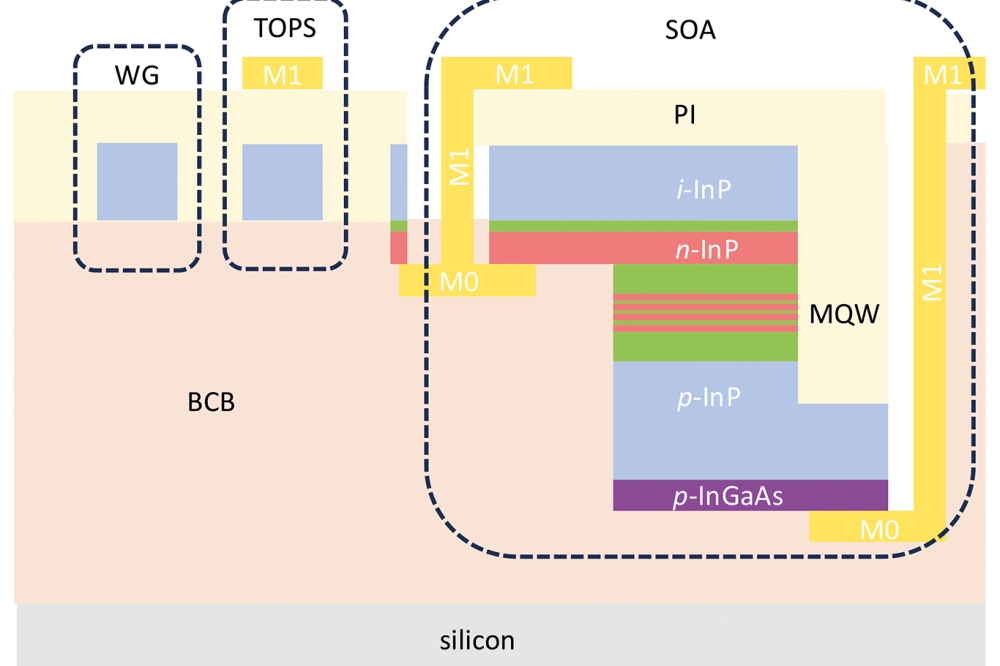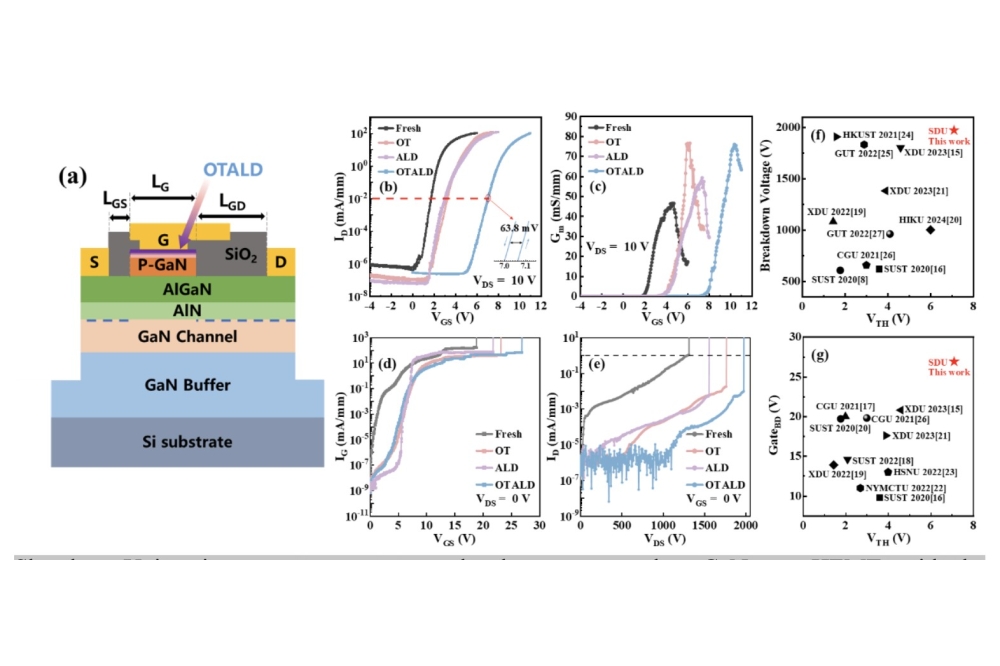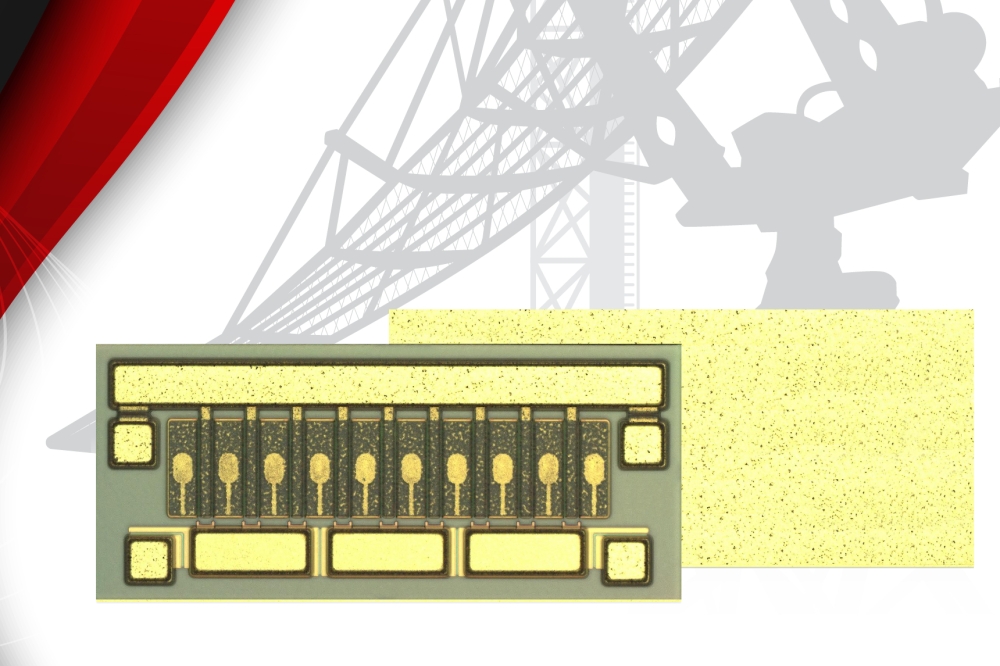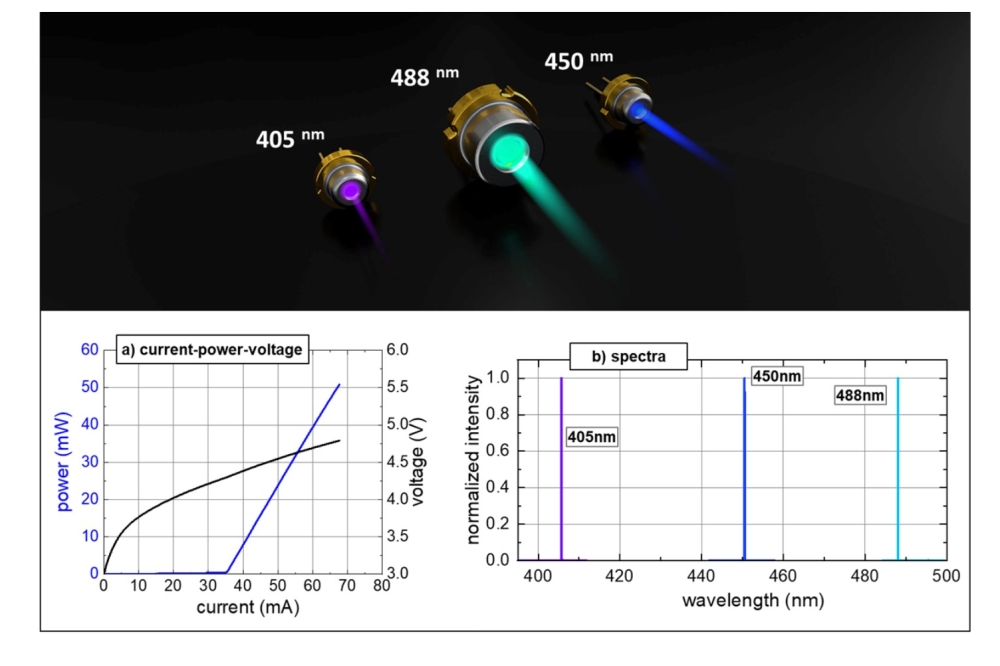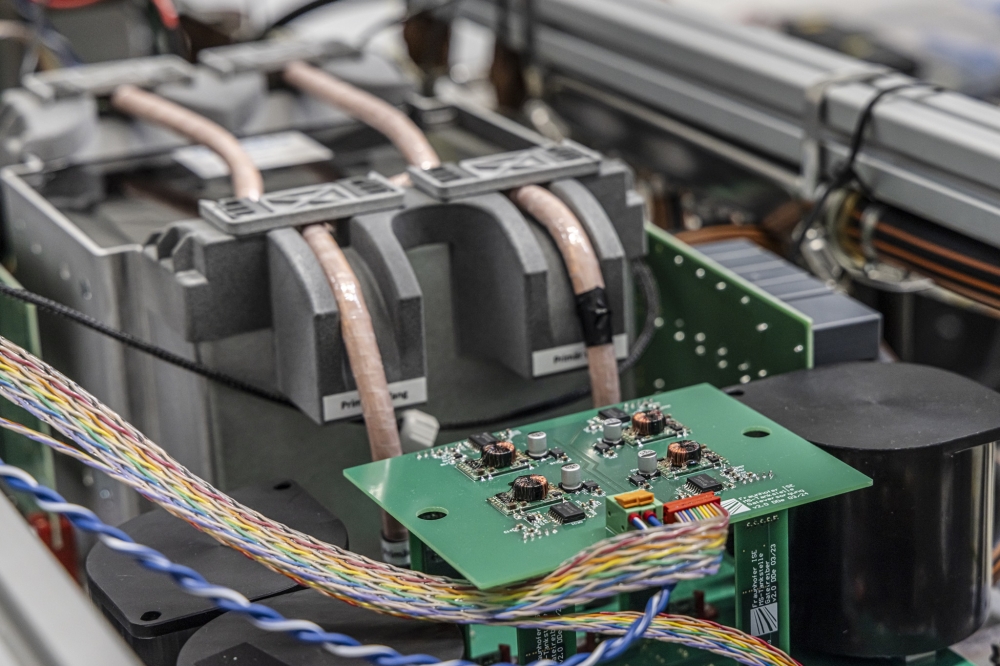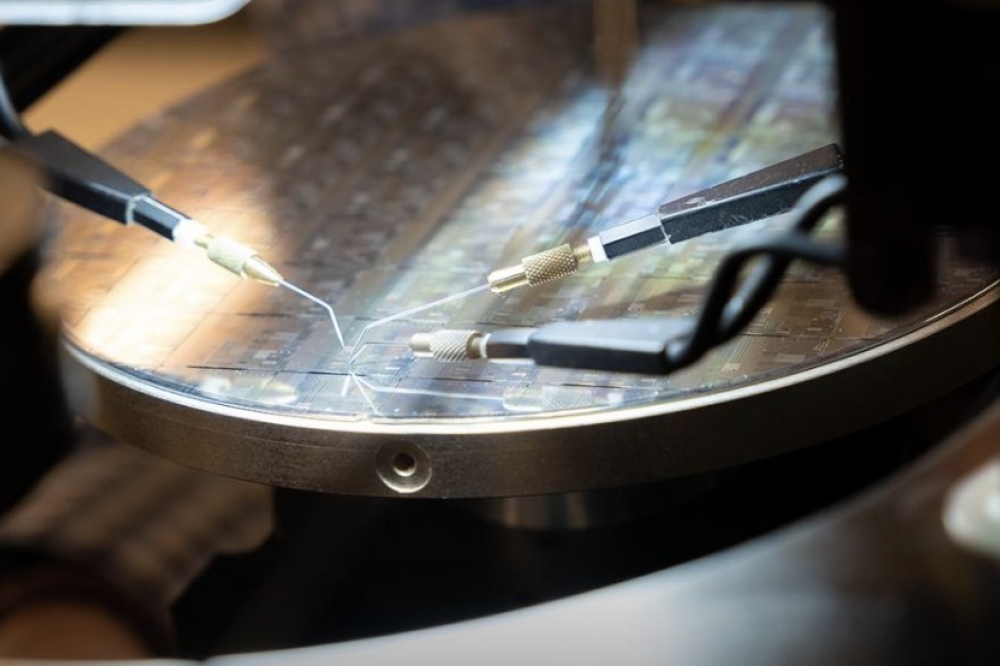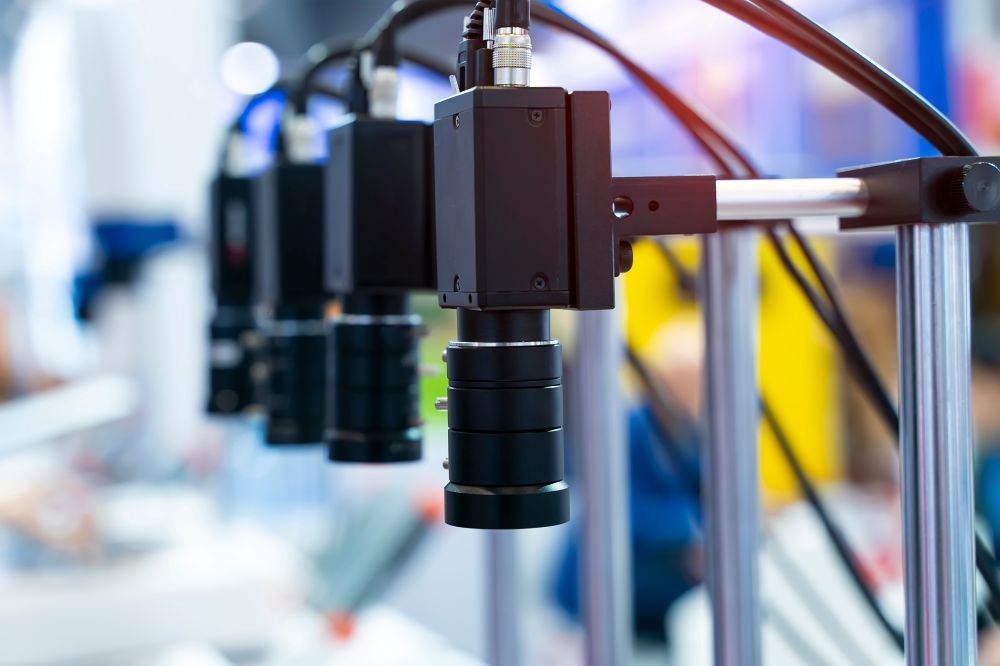UK Space Agency funds SiC chip project

IceMOS to develop radiation-tolerant high-voltage superjunction SiC MOSFETs
The UK Space Agency has awarded IceMOS Technology part of £300,000 funding in a project to develop SiC power transistors for space applications. This is in partnership with the UK space and defence trade association ADS, through the Space Technology Exploitation Programme (STEP).
The IceMOS Technology manufacturing centre of excellence located in Belfast, Northern Ireland, will focus on delivering an advanced engineered substrate, enabling a radiation-tolerant, high-voltage SiC engineered drain MOSFET for more efficient high power distribution electrical systems on spacecraft for Low Earth Orbit (LEO), Middle Earth Orbit (MEO) and deep space exploration.
The company says the merger of a wide bandgap (WBG) power MOSFET drain structure that can be tailored to be robust in harsh space radiation environments, will create a new class of vertical power transistor. Commercial applications aim to address society’s increasing demand for energy conservation in systems such as AI-enabled cloud services and data centres, fast-charging stations for electric vehicles, photovoltaic energy generation and more.
“With this award IceMOS Technology is uniquely positioned to accelerate advances in the UK-space program by making dramatic improvements in high-voltage power radiation-tolerant transistors,” said Samuel J. Anderson, IceMOS Technology founder and chairman. “It is an honour to be one of only three companies selected to participate in this prestigious program to enhance UK space capability by developing this leading-edge technology that can lower costs and significantly improve overall systems performance.”
"Creative talent and technical space expertise can be found across the length and breadth of the UK. These projects, delivered in partnership with ADS, are brilliant examples of that from Northern Ireland's growing space sector. They will help catalyse investment, create jobs, and develop new capabilities within the space supply chain,” said Paul Bate, chief executive at the UK Space Agency.























